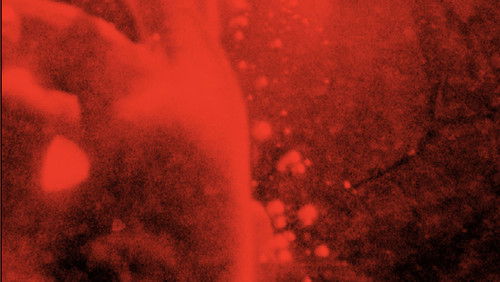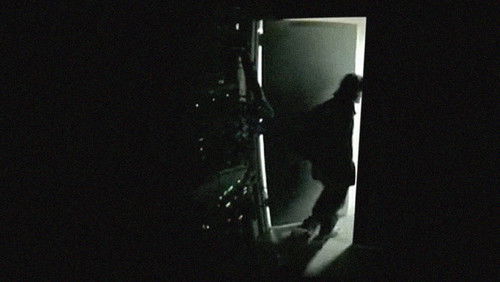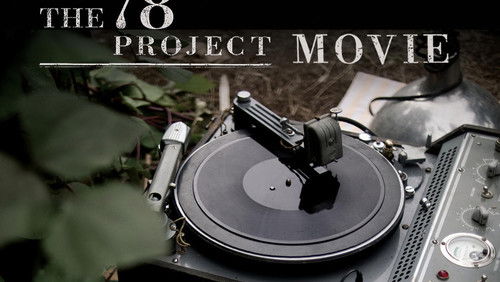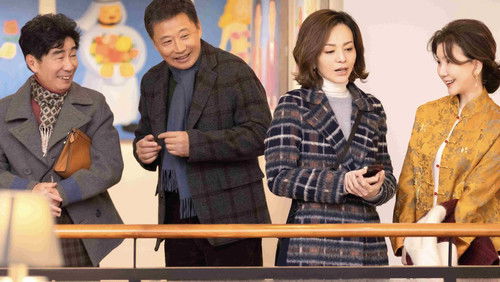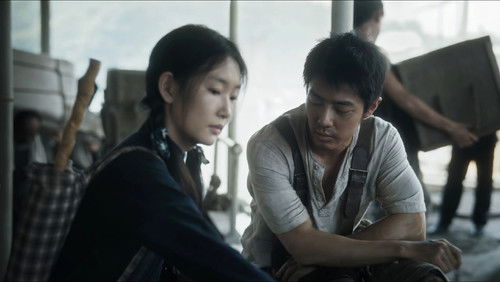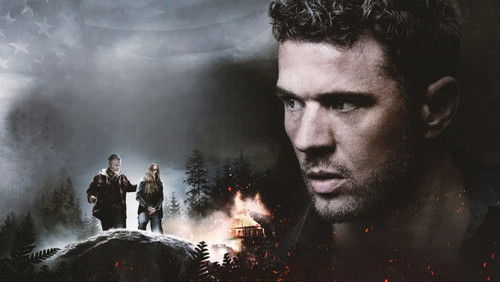Akai shuriken (1965)
42KAkai shuriken: Directed by Tokuzô Tanaka. With Raizô Ichikawa, Kôji Nanbara, Masumi Harukawa, Chitose Kobayashi. Action packed and rewardingly strange.
“BLOODY SHURIKEN (1965) owes a lot to YOJIMBO (1961), with a nod or two to its Italian western remake, A FISTFUL OF DOLLARS (1964). Here Raizo Ichikawa (SLEEPY EYES OF DEATH) plays the charismatic Ibuki, a leather-clad ronin, or u0026quot;lowly samuraiu0026quot; as his opponents choose to deride him, who rides into a remote feudal town seeking a way to make money as a hired sword and finds the setup ripe for profit. He intervenes in a fight started by bullies working for town boss Hotoke (Isao Yamagata) and gains a quick reputation, earning the interest of rival bosses Sumi and Kuni, and eventually pitting each of the three families against each other and selling his services to two of them simultaneously. The reward for the winner is a cache of stolen government money hidden outside of town by one of the bosses after a daring robbery that occurred before the action in the film. Ibuki ingratiates himself with the two leading female characters, Yuki (Chitose Kobayashi), a poor, virtuous girl who runs a stable alone and was orphaned by the robbery, and Chinami (Masumi Harukawa), a plump Madam who runs the townu0026#39;s restaurant/saloon/brothel. Ibuki gradually comes to care for Yuki and shows his first sign of remorse when one of the brawls he starts leads to a tragedy that affects her. Also moving through the turmoil is a rival hired sword, Masa (Koji Nanbara), who covets Chinami and is anxious for a one-on-one duel with Ibuki.u003cbr/u003eu003cbr/u003eIbuki sports two swords, but his weapons of choice are tiny throwing blades he carries in dozens of pockets, providing a seemingly endless supply, in the white kimono he sports once he settles in town. (I always thought u0026quot;shurikenu0026quot; meant the five-sided throwing star favored by ninjas, but Wikipedia insists itu0026#39;s u0026quot;the name given to any small-bladed object.u0026quot;) He does his best to stay out of the larger battles once he instigates them, but he does get to use his sword a lot in the course of the film. Most of the action is centered in the town but in the finale, it shifts to an abandoned mine area where the final showdowns occur.u003cbr/u003eu003cbr/u003eThe film breaks no new ground, but is consistently entertaining, well-acted, and action-packed. The filmu0026#39;s widescreen color photography is the work of celebrated cinematographer Kazuo Miyagawa, who had worked for Kurosawa, Ozu and Mizoguchi, among other great directors, so the visuals are always compelling. Raizo Ichikawa, known more for his expert brooding in historical dramas, plays Ibuki with a lighter touch than Iu0026#39;ve usually seen him employ. He actually smiles a lot, making for a refreshing change of pace.”
